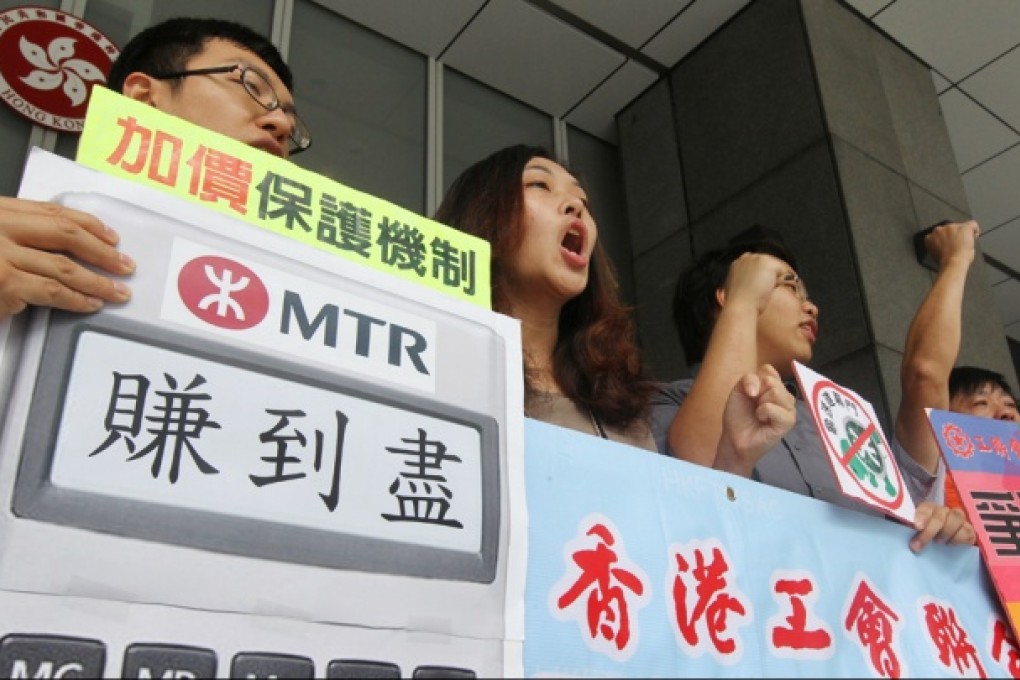MTR Corp's new fare mechanism system a missed opportunity

After a few months of negotiations with the Mass Transit Railway Corporation, the government said it had struck a new deal that makes fare adjustments more affordable. Instead of the original 3.2 per cent rise under the old regime, fares will go up by 2.7 per cent according to a new formula. For most passengers, each trip will cost 30 cents more starting from June. The new mechanism also prevents increases higher than changes in household income; mandates some profits to be set aside as fare concessions; and imposes fines for service delays. At first glance it may be tempting to say the government has done a good job in reforming the much-criticised adjustment mechanism, taking into account public affordability as well as the company's profits and performance.
But a closer look reveals the devil in the details. Compared to the would-be 3.2 per cent rise, the new figure is only half a percentage point less. Basically, fares will continue to be adjusted according to a formula taking into account inflation, transport wages and productivity. If the figure exceeds changes in median monthly household income, it will be capped at the same level, with the shortfall recouped in the following years. The arrangement appears to spare passengers from steep rises each year, but the pain is just being delayed. The MTR Corp is still poised to make an extra HK$360 million in the coming year. As the company already earned HK$10.4 billion profits in 2011, many find the 2.7 per cent rise unreasonable.
Equally questionable is the mandatory profits-tied fare concession. Reassuring as it sounds, passengers are arguably worse off. For instance, in light of the growing pressure arising from its hefty 5.4 per cent increase last year, the MTR Corp fully returned the HK$670 million extra revenue in the form of concessions. But the amount of discounts under the new regime is only HK$175 million.
As a listed company, the MTR Corp is financially accountable to shareholders. But as a public utility, social responsibility weighs heavily. The railway giant certainly has room to give more. The government, being the company's major shareholder, is also in a position to exercise greater influence. Regrettably, the outcome does not go far enough. It is difficult for the public to agree with the transport minister that the new regime has struck a balance between corporate interests and social responsibility. The opportunity to devise an acceptable fare adjustment mechanism has been missed.